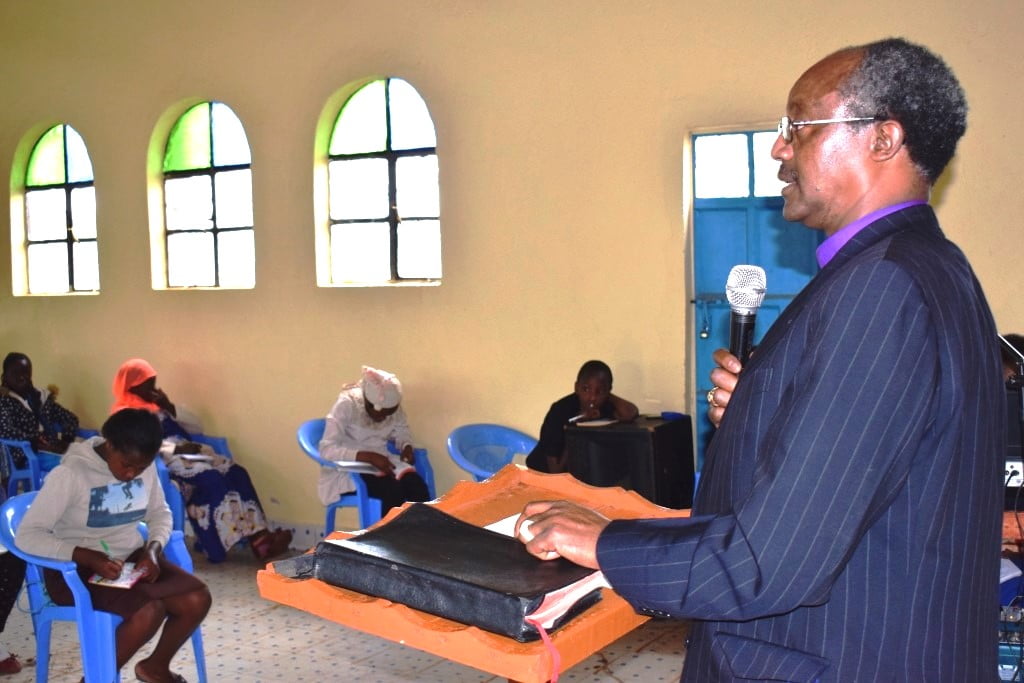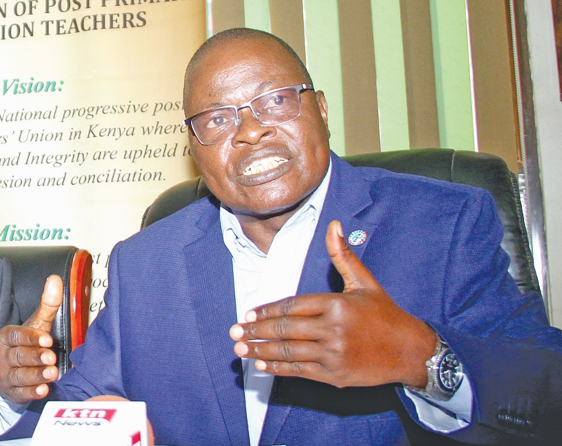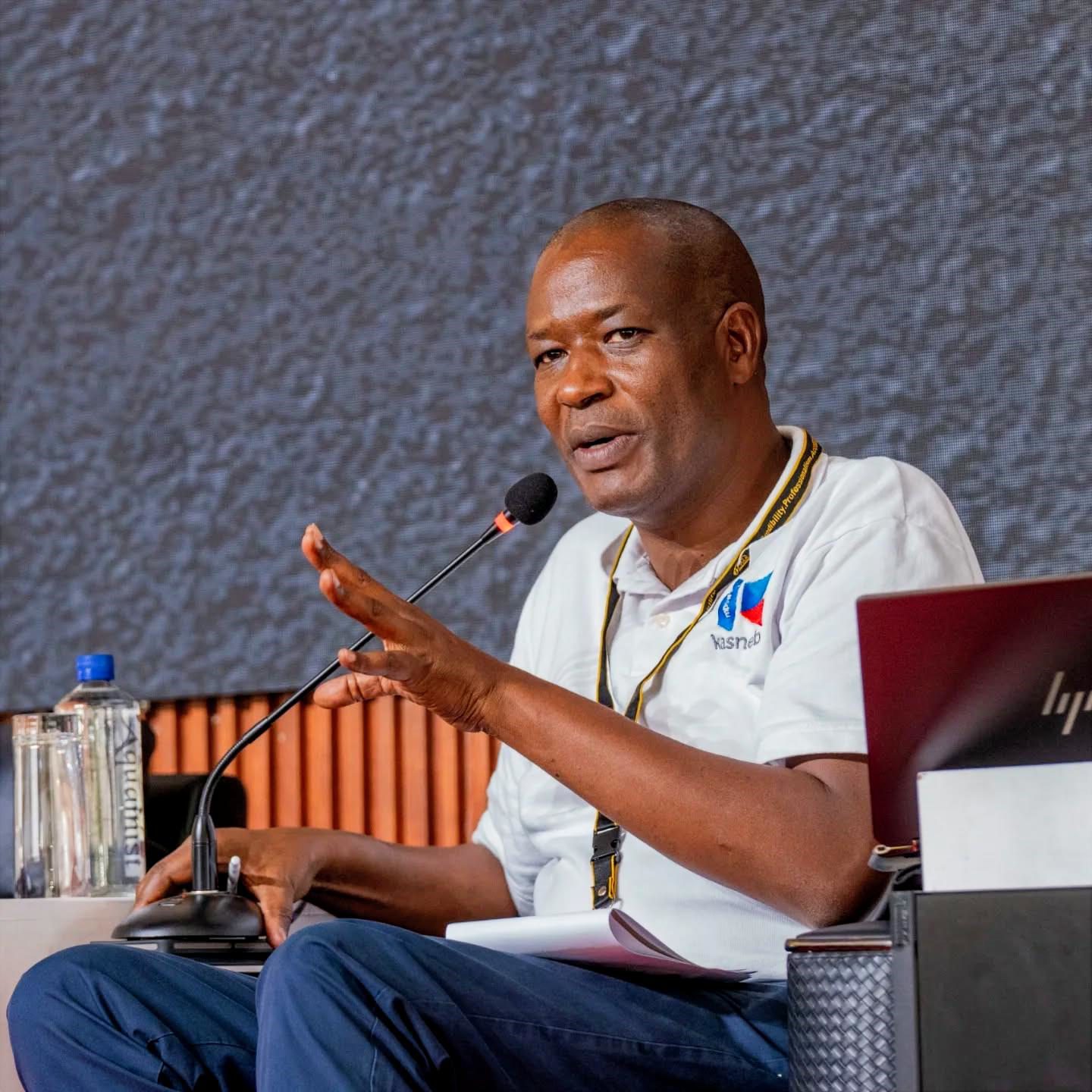By Robert Nyagah
The Ministry of Education (MoE) and the church have been challenged to collaborate and launch campaigns towards the integration of child rights laws into the education programmes.
High Court advocate and girl child education rights crusader Lukas Matiko Chacha said the education ministry and the clergy had potential to reach a huge percentage of Kenyans through school lessons and sermons.
This way, they will expand opportunities for the respect of children’s rights, at the same time emphasizing women and the girl child rights more.
Expanded awareness of the laws meant to safeguard the rights of girls and women, especially through churches which are friendly environments for these groups, would lead to respect of the laws protecting children.
Speaking to Education News at Kibingoti Lutheran Church in Kirinyaga County at the end of one of a series of Kenya Evangelical Adolescent Girls and Women Rights seminars, Mr. Chacha said there was a link between religious uprightness, respect of the rule of law and human rights.
The lawyer noted that although the Bible remained the foremost guide to mankind, the clergy needed an understanding of the law of the land.
“The clergy have to understand the laws of the land and incorporate them in their religious education forums to stop the rising cases of abuse of the girls child and women in the society; all of which eventually affect the education of girls,” said Mr. Chacha.
Some of the abuses directed at girls, the lawyer observed, sometimes start casually and could be dismissed as jokes; yet they are actually offences punishable under the penal code but most Kenyans and even the clergy are unaware of that.
Mr. Chacha praised the Lutheran Church for launching the national campaign to educate girls about their rights and health issues, while at the same time distributing reusable sanitary towels.
He further cautioned against access to dirty and pornographic materials, for it would attract punishment for both the consumer and the one aiding access to such materials.
The church has been involving lawyers and health personnel to educate girls about laws protecting them and their health issues respectively.
“Girls need to be educated about their bodies in church, family and school to ensure their safety physically and spiritually,” Chacha said.
Mr. Chacha, who has been educating girls about the Children’s Act under the church-sponsored seminars, expressed surprise at the limited understanding of the law among girls and stressed the need for awareness forums across board.
“When I ask girls, even those in college or university, whether they know their rights as stipulated under the Children Act, most know nothing and perhaps this is the reason offences, and especially sexual offences, have been on increase,” said Mr. Chacha.
More than 150 girls attended the seminar at Kibingoti, during which they were taught their responsibilities in strengthening family unity, respecting parents and elders, and supporting positive cultural values.
Chacha said girls should know they have a right to safety, education and protection from harmful cultural practices such as early marriages and Female Genital Mutilation [FGM].
He rooted for open communication between children, parents and the clergy as one of the channels through which children could feel free to report abuse.
FGM incidents, the lawyers said, were on the increase even among communities viewed as educated and religious, with those involved becoming more and more careful due to expanded vigilance by the government and human rights activists.
He said girls and women should be made to know that indecent acts, like being touched on some parts of their bodies, was unlawful and could attract a jail term of 10 years if the offended was a child and 5 years in case of an adult.
However, he cautioned girls against making false accusations of sexual abuse as this, too, was punishable by law.
“A person who falsely accuses another of having committed an offence under the Act shall receive the same sentence the purported offender might have received were he to be found guilty,” warned Chacha.
He further cautioned against access to dirty and pornographic materials, for it would attract punishment for both the consumer and the one aiding access to such materials.






